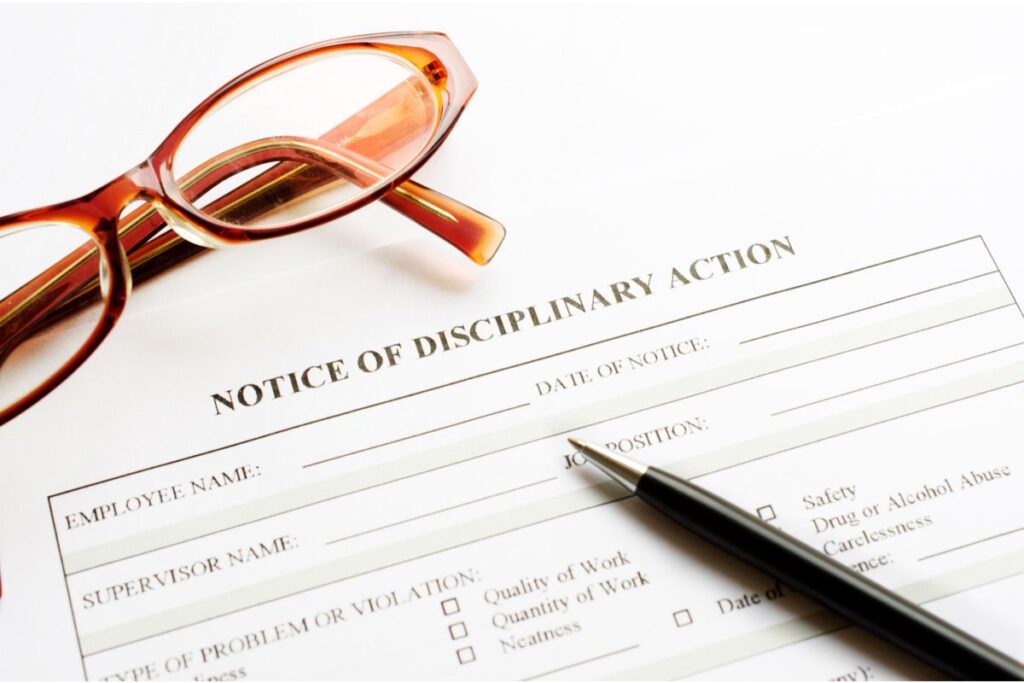The Texas Behavioral Health Executive Council (“the Council”) is the umbrella agency for various boards that license and regulate mental health professionals in Texas, including the Texas State Board of Social Work Examiners (“the Board”). If you are a social worker and a client files a complaint against you, the Board handles the complaint and any resulting disciplinary proceedings. Any social worker facing a disciplinary complaint should consult a social worker license defense lawyer for help.
Complaints Against Social Workers
Under 22 Tex. Admin. Code §884.1, individuals must file complaints against a social worker with the Council within five years of the date that the complainant terminated professional services. If the incident complained of involves sexual misconduct, an individual may file the complaint within seven years after the date of termination of services or within five years of the date that the client reaches the age of majority, whichever is greater.
Furthermore, special requirements apply to complaints that arise out of certain situations, including the following:
- Court-ordered evaluations;
- Court-ordered therapy;
- Parenting facilitator services;
- Court order violations; or
- Education law.
Investigations by the Council
The Enforcement Division of the Council must investigate all complaints promptly. Under 22 Tex. Admin. Code §884.10, Council staff must classify complaints according to the following priorities:
- cases involving a probability of imminent physical harm to the public or a member of the public;
- cases involving sexual misconduct;
- cases involving applicants for licensure; and
- cases involving all other violations of state or federal law.
Staff initially will determine whether the Council has jurisdiction over the complaint and whether the allegations, if true, would constitute a violation of the Council’s rules or law within the jurisdiction of the Council. If non-jurisdictional, the Council will dismiss the complaint or refer it to the appropriate agency with jurisdiction. Jurisdictional complaints will be assigned to an investigator for a full investigation.
The assigned investigator will give the social worker written notice of the complaint. Upon completing the investigation, the investigator will draft and submit an investigation report containing a recommendation as to whether there is sufficient evidence to establish probable cause that a violation has occurred.
Informal Conferences
If Council staff determines probable cause exists that a violation has occurred, it will schedule the case for an informal conference before agency staff or the Board’s Disciplinary Review Panel. The purpose of an informal conference under 22 Tex. Admin. Code §884.11 is to allow the complaining party to be heard, the licensed party to respond to the complaint and show compliance with all rules and laws, and for agency staff or the Disciplinary Review Panel to make a recommendation regarding the informal disposition of the complaint.
Informal conferences only are appropriate if there is no need for expert testimony to prove a violation of the standard of care or scope of practice for the profession. Following an informal conference, Board staff or a Disciplinary Review Panel can dismiss the complaint or offer a settlement to the license holder through a stipulation or an agreed or consent order. The case becomes contested if the parties cannot resolve the complaint by agreement or dismissal following an informal conference. Council approval for dismissing or resolving a complaint via agreement is not required.
Handling Contested Cases
Contested disciplinary cases go to the State Office of Administrative Hearings (SOAH) for assignment to an administrative law judge (ALJ). The ALJ holds an administrative hearing, at which both sides present evidence as to whether the license holder violated an applicable rule or law and, if so, what sanction is appropriate. 22 Tex. Admin. Code §884.12 states that the ALJ must submit a proposal for decision (PFD) to the Board for review that contains findings of fact and conclusions of law after the hearing. The Board must make recommendations to the Council on any complaint involving standard of care, ethical guidelines, or scope of practice, as well as any recommended modifications to the PFD. Ultimately, the Council approves and enters the final order in disciplinary cases involving social workers in contested cases.
Potential Sanctions for Social Workers in Disciplinary Cases
22 Tex. Admin. Code §884.20 outline the potential sanctions that a social worker can face in a disciplinary case, which include:
- License revocation;
- License suspension for a definite period;
- License suspension plus probation for part or all of the suspension period;
- Probation for a definite period;
- Reprimand; and
- Administrative penalty.
This section also contains a list of violations and the standard minimum disciplinary sanctions that apply to each violation. The standard minimum disciplinary sanctions generally are for a first-time violation; as a result, individuals may face more severe sanctions for violations that occur subsequent times. The Council also may use aggravating or mitigating factors to justify sanctions that are more or less harsh than the standard minimum sanctions listed. Each violation constitutes a separate offense and can merit a separate sanction, even if it arises from the same offense.
The Council also may impose additional conditions or restrictions on a social worker’s license as needed for rehabilitation and education of the license holder and to protect the public.
We Are Here to Help You Fight Back and Protect Your License
The social work license defense lawyers of Bertolino LLP, can help you navigate the complaint process and gather the evidence you need to defend your license or certification. In addition, we can fight back against misconduct allegations and work to clear your name. Call us today at (512) 515-9518 to reach the offices of Bertolino LLP, or contact us online.
Call or text (512) 476-5757 or complete a Case Evaluation form






